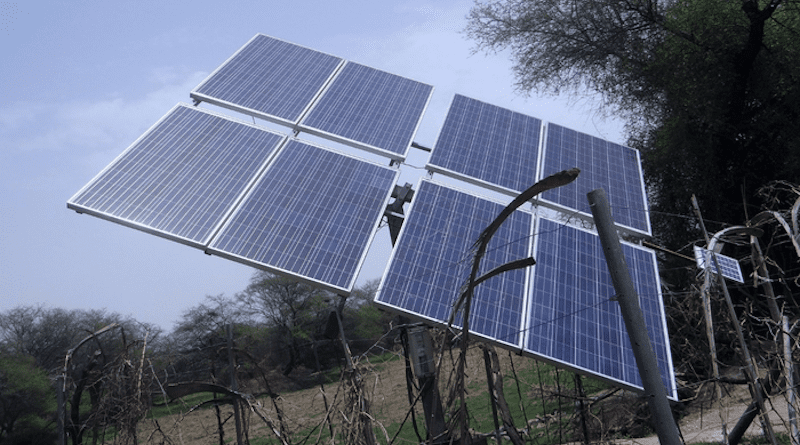Existing Product Standards For Off-Grid Solar Systems Could Prove Barrier To India’s Energy Transition
Worldwide, around 789 million people are still unable to access electricity. This challenge is driving a rapid transition towards sustainable energy solutions, including solar and wind power. For India’s government, providing sustainable energy to the 64 million Indians who are currently unable to access it is a priority, with solar energy, in particular, playing an increasingly important role in that energy transition. Off-grid solar systems now enable Indian consumers to power small appliances such as mobile phones, and they can also power entire homes; for example, fans, lighting and radios.
To date, there has been little research into the impact of product standards on the rapid dissemination of solar technologies. In a study published in the KeAi journal Global Transitions, researcher Matthias Galan investigated how seemingly neutral product standards are turning political in the case of the Indian off-grid solar industry.
Galan, of Austria’s Vienna University of Economics and Business, explained: “The Indian energy transition represents an important cornerstone in achieving the United Nations’ Sustainable Development Goals, particularly goal #7, sustainable energy for all. The transition’s success relies on efficient governance of green technologies, in which the adherence to product standards plays a crucial role.”
The 33 Indian and international industry experts that Galan interviewed for his study, argued that the current variation in product standards between India and other parts of the world, has resulted in a lack of clarity around quality requirements for Indian manufacturers. As a result, Indian product standards for off-grid solar systems are acting as barriers to the country’s energy transition. Such barriers can increase the costs for manufacturers of complying with the various standards’ testing and certification procedures, while the variation in product service levels can result in mistrust among consumers.
Galan said: “Product standards cannot be understood as neutral, as their regulation has a political dimension. Competing public and private interests prevent a faster uptake of renewable energy due to regulatory gaps in standard harmonisation. The public and private sectors should come together to increase coordination in technology governance, improve guidance on product standards, and engage in a structured stakeholder dialogue to regulate product standards. This would enable manufacturers to introduce off-grid solar systems that better address the energy needs of Indian customers.”

